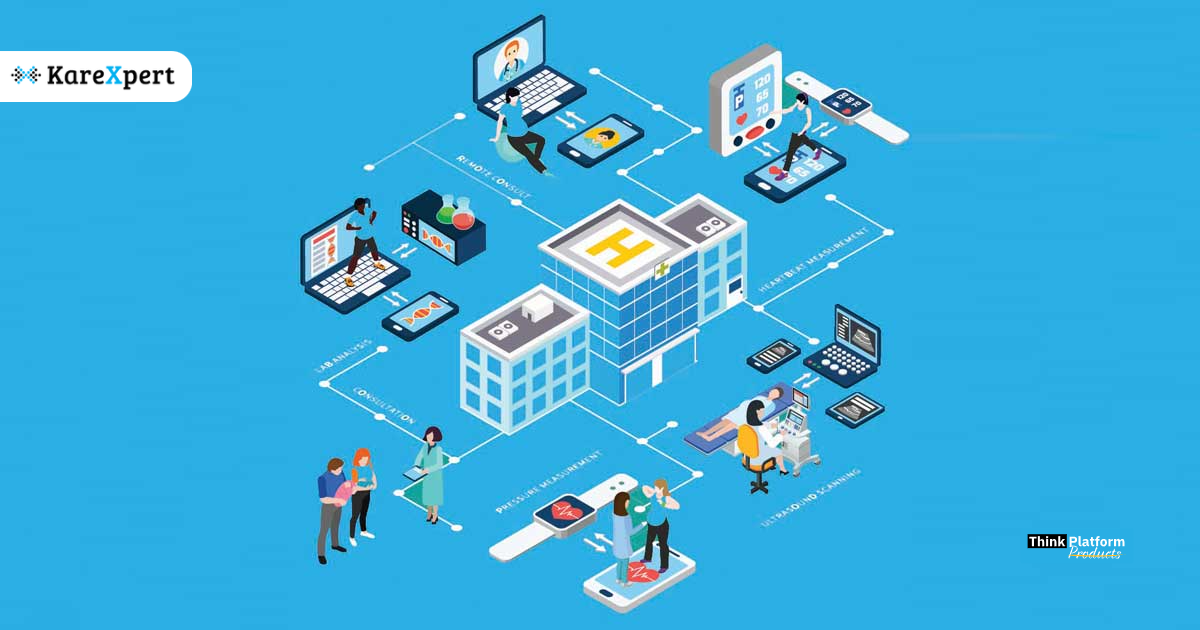Advancing Excellence in Healthcare: The Vital Impact of Healthcare Management Tools
In fast-changing medical landscape, the requirement for efficient and effective patient management has never been greater. Medical management software has surfaced as a powerful ally for clinics, assisting to streamline operations, enhance patient care, and improve overall outcomes. As facilities look to improve their workflows and respond to the demands of modern medicine, the role of these digital tools cannot be underestimated.
Acquiring medical management software is not just about upgrading technology; it represents a significant change in how healthcare organizations work. From managing appointments to patient tracking and billing processes, these tools offer comprehensive solutions that empower providers to deliver high-quality care while utilizing resources. The influence of medical management software extends far beyond back-end processes, impacting the very core of healthcare delivery and fostering success in a sector that is continuously evolving.
The Importance of Medical Management Software
Healthcare administration software plays a crucial role in contemporary medicine by optimizing processes and improving the standard of care for patients. By streamlining numerous office tasks, such as appointment scheduling, financial processing, and managing patient records, these applications greatly reduce the workload of healthcare professionals. This effectiveness saves time but also diminishes the potential for mistakes, allowing personnel to focus more on interacting with patients and treatment.
Furthermore, the integration of medical management software promotes better interaction among medical teams. With capabilities such as encrypted messaging and shared access to patient records, healthcare workers can collaborate more effectively. This improved communication is vital for making certain that all providers are on the same understanding regarding patient treatment, prescription oversight, and medical history, ultimately leading to superior patient care.
Lastly, medical management software empowers medical institutions to acquire and assess data more effectively. By leveraging analytical software, providers can identify trends in patient care, recognize potential enhancements, and optimize resource management. This data-driven approach not only enhances workplace efficiency but also aids informed decisions, making medical management software an essential asset in the developing field of healthcare.

Key Features of Effective Medical Management Tools
Efficient medical management software is designed to enhance operational effectiveness and improve patient care outcomes. One of the primary features of these tools is thorough data management. This entails the ability to store, retrieve, and analyze vast amounts of patient information, treatment histories, and billing details in real time. With consolidated access to medical records, healthcare providers can make educated decisions and quickly react to patient needs, ultimately leading to improved health outcomes.
Another vital feature is the ability to integrate with other healthcare systems and technologies. Efficient medical management tools smoothly connect with electronic health records, laboratory systems, and billing software. medicloudmed.ch facilitates streamlined workflows, reduces overlap, and ensures that healthcare professionals have access to accurate, up-to-date information across various platforms, making the provision of care more coordinated and efficient.
Lastly, user-friendly interfaces play a critical role in the efficacy of medical management software. A well-crafted tool enhances user experience by providing intuitive navigation and clear visualizations of complicated data. This simplicity not only increases adoption rates among healthcare staff but also minimizes errors in data entry and communication. By providing healthcare teams with accessible and practical tools, organizations can enhance their operations and concentrate more on patient care rather than administrative tasks.
Effect on Consumer Outcomes and Medical Efficiency
The integration of healthcare administration tools into healthcare practices has considerably changed patient care and operational procedures. By organizing data and streamlining workflows, these systems enhance collaboration among medical providers. This not only minimizes errors but also ensures that medical decisions are informed and prompt. As a result, clients experience more integrated care, leading to improved health outcomes and a reduced likelihood of issues.
Efficiency is a further major advantage of healthcare administration tools. Systematic systems for appointment setting, billing, and client tracking lessen the clerical burden on healthcare staff, allowing them to focus more on person-to-person patient interactions. This enhanced efficiency translates to decreased wait times for appointments and quicker reaction times to client needs. Ultimately, a smoother operational flow improves the overall client experience and contentment.
Moreover, data analytics capabilities of medical management software enable healthcare organizations to recognize trends and outcomes over time. This allows for the adoption of data-driven practices tailored to the population served. By continuously monitoring outcome metrics, medical providers can make essential adjustments, further optimizing patient care and boosting health results. The result is a medical ecosystem that is more responsive, responsible, and able of delivering quality care effectively.